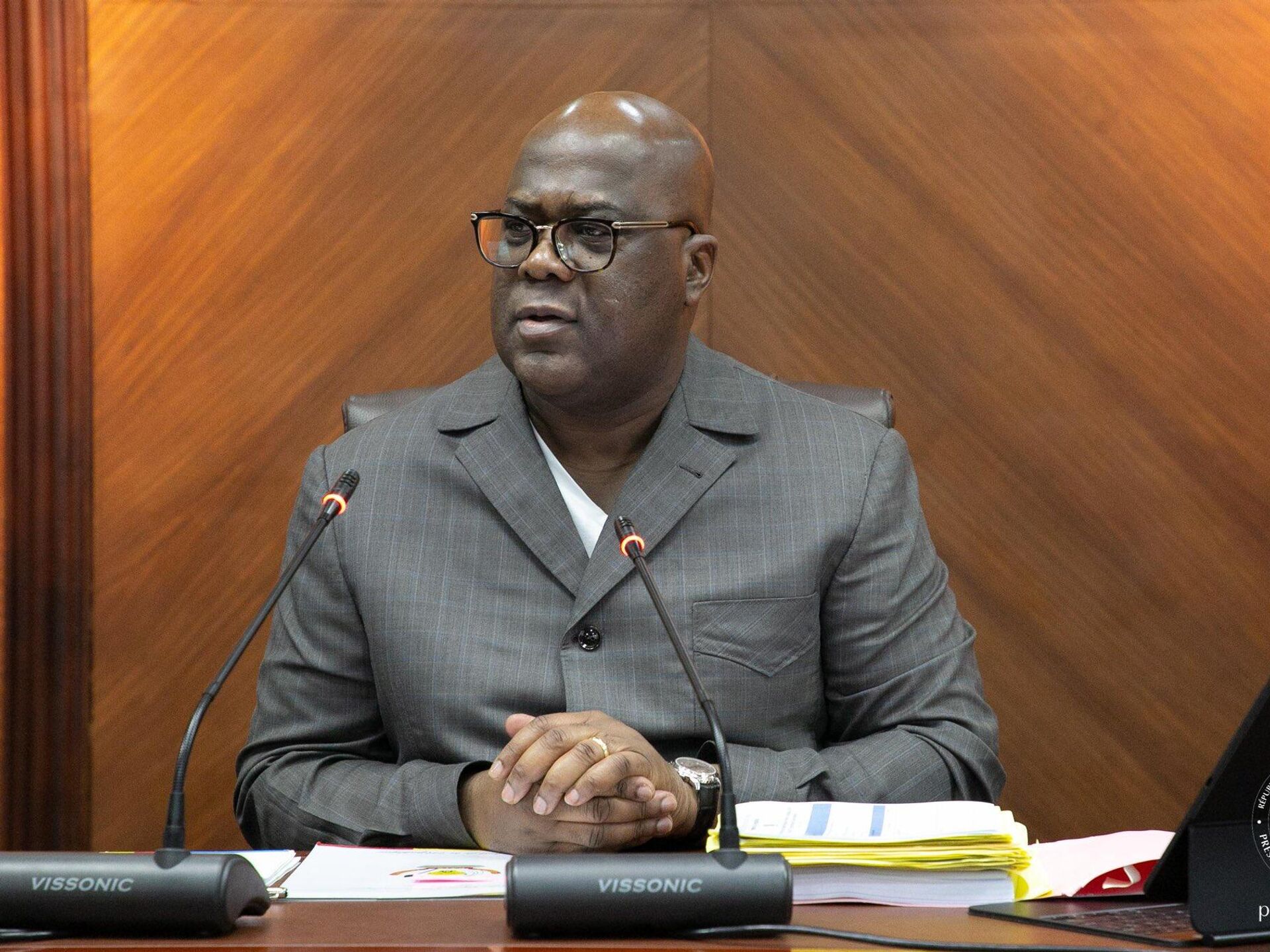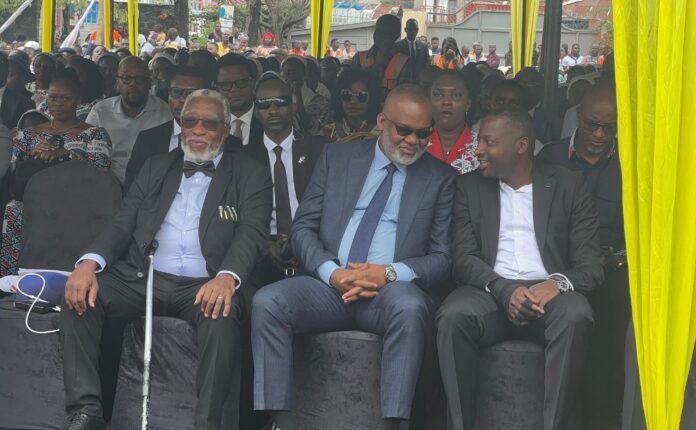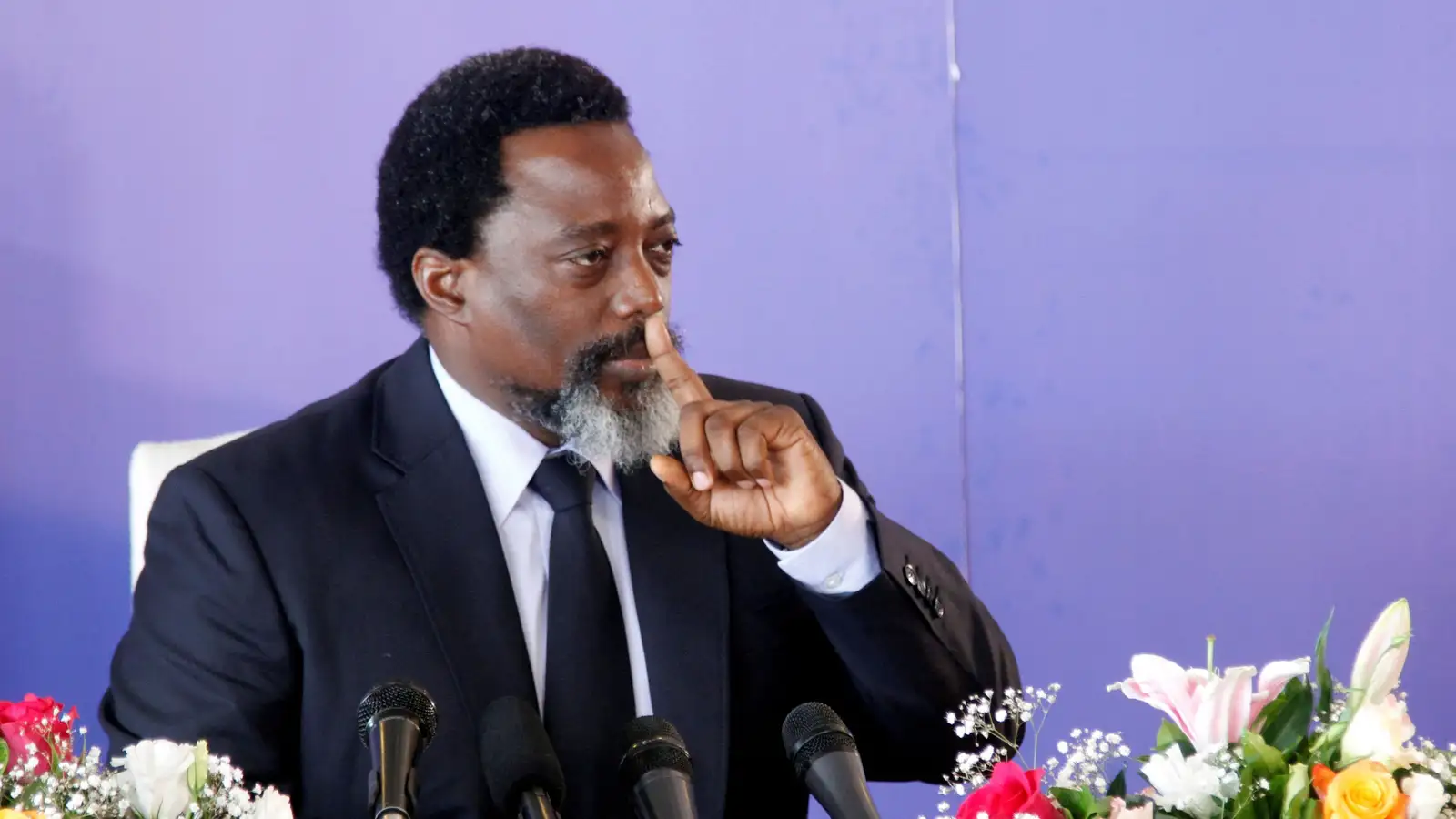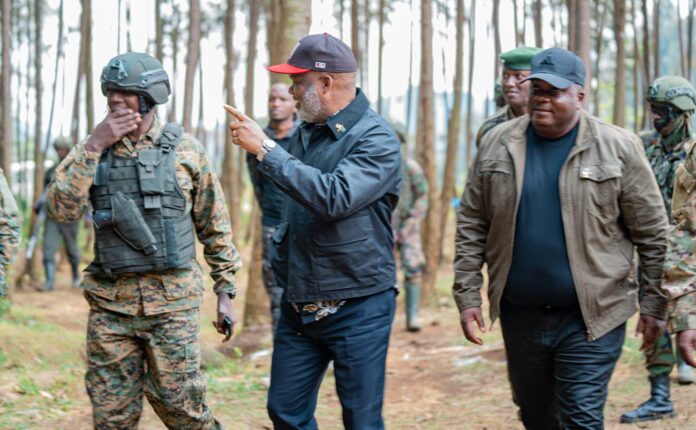In a country as vast and culturally diverse as it is rich in natural resources, the debate around governance in Congo remains at the heart of political and social concerns. While the centralized government continues to make all the decisions from Kinshasa, the provinces seem to be slowly sinking into oblivion, deepening the gap between a thriving center and struggling peripheries.
Note: Company, Blog, Church websites are free.
This situation calls for a deep rethinking of the country’s political organization, and for federalism to be seen not as a threat, but as a historical repair a long-overdue correction of territorial injustice.
The head of Moïse Katumbi’s office and opposition figure in the Democratic Republic of Congo (DRC), Olivier Kamitatu, has called for the country’s provinces to be granted autonomy in managing their own natural resources.
Kamitatu argued that this could be a solution to the country’s ongoing challenges, including poor resource management, failure to combat poverty, and persistent armed conflicts.
Currently, the central government based in Kinshasa controls how the natural resources of various provinces are utilized. This has led to long-standing tensions, often due to local populations not benefiting sufficiently from their own resources.
A recent example is from the former Katanga Province, where residents have announced intentions to file complaints against various individuals, including members of President Félix Tshisekedi’s family, accusing them of plundering their resources.
One resident said, “Since 2019, things have gotten much worse. Katanga has become a cashbox for the President’s family, who extract resources from these provinces, especially Lualaba, without investing anything in return.”
These residents, many of whom are part of artisanal mining associations, expressed that their provinces see no benefits from their natural wealth, as outsiders extract and use the resources as they please.
Kamitatu proposed that the DRC be reorganized into five main regions: Orientale, Equateur, Kongo, Kasaï, and Katanga, each with its own autonomous government, empowered to manage natural resources and shape their own economic, social, and cultural policies.
He highlighted Katanga as rich in minerals, Orientale as a commercial hub, Kongo with its ports, Equateur as an agricultural center, and Kasaï with both diamonds and substantial farming activity.
Kamitatu suggested that each province should retain 60% of the revenue generated from its economic activities, with the remaining 40% distributed across the country to support national development.
He emphasized that this governance model would bring government closer to the people, reduce inequality, and enhance local cultural-based management.
According to him, the goal is not to undermine national unity but to preserve it by promoting people-centered development rooted in local resources, potentially helping to ease recurring conflicts.
It is time to envision a Congo where every province can breathe, where every people can contribute to collective prosperity, and where national wealth is no longer monopolized by one center but becomes the shared fruit of a united and inclusive effort.



